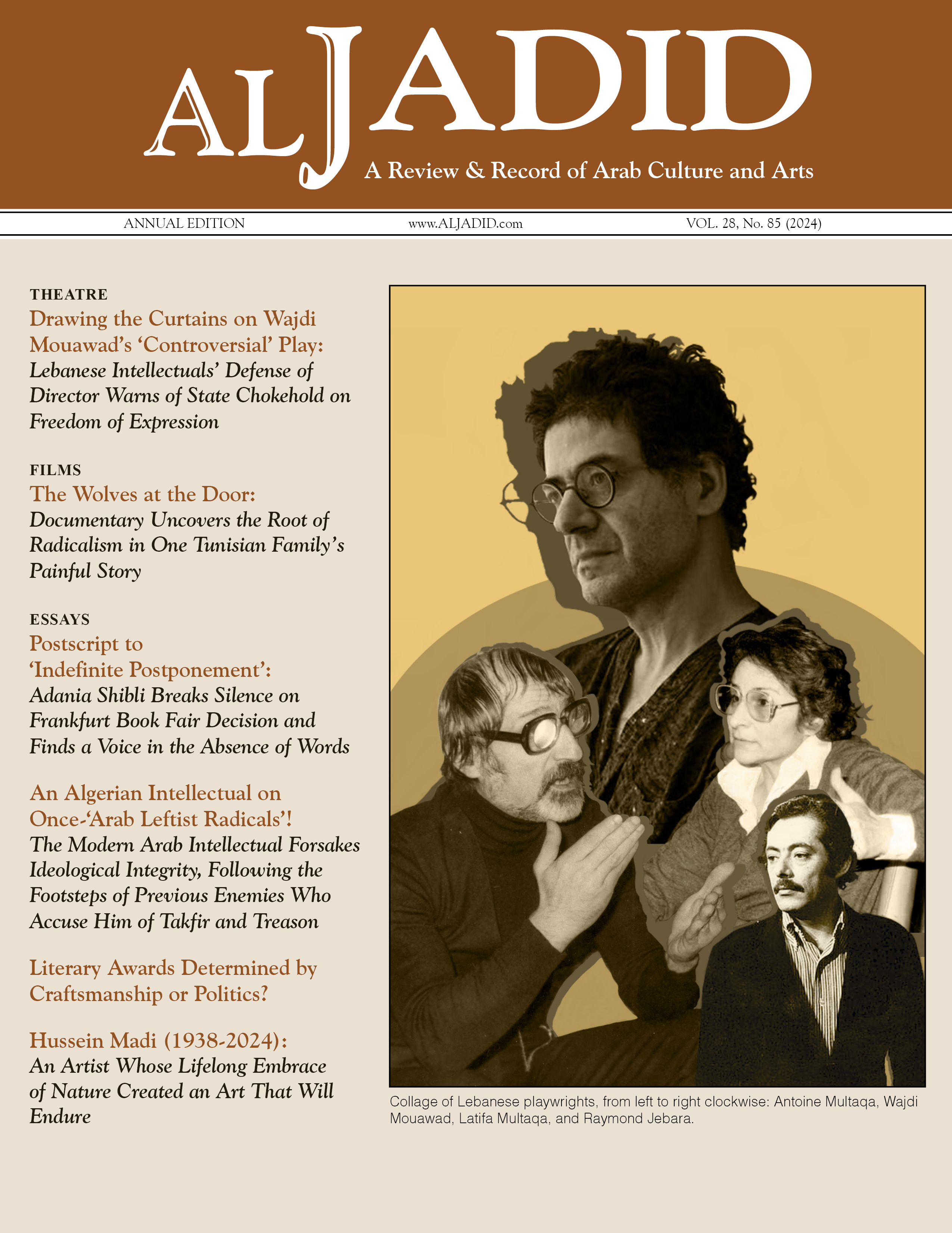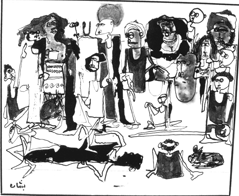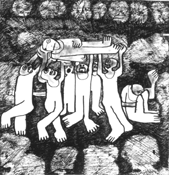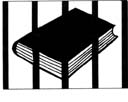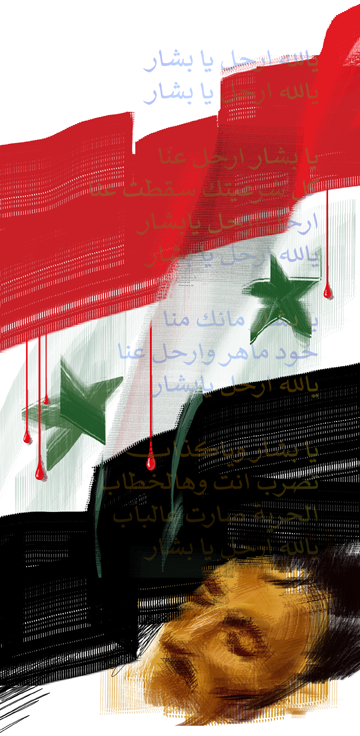Saad Ardash: Life in the Theater and in Exile
The “Confessions of a Dog”
Much has been written about life under Arab dictatorship. Irrespective of what has been said about the pseudonym “Samir al-Khalil,” Kanan Makiyya’s book “The Republic of Fear” remains one of the most authoritative texts on Arab dictatorial regimes. Recently, I read Al Hayat newspaper editor-in-chief Ghassan Sharbel’s article, “The Confessions of a Dog,” from which the title of this piece is borrowed, and I was reminded once again of what life under the sword in Arab countries is like.
Adonis Reflects on the Arab Spring
--"What has happened in Syria was ultimately expected in one form or another—the dormant and the hypnotized had to awake some day, the people had to demand freedom, human dignity, the end of repression, the just distribution of wealth, a cessation of arrests based on the free expression of opinions…etc. The numerical minority is irrelevant, because the numbers here are symbolic. The numerical minority here constitutes a majority in terms of symbolism. Yes, it was expected, by myself at least.
Light vs. Darkness: How the Syrian Opposition & Assad Regime Approach the Media
I have always been baffled by the reasoning that guides the official Syrian media in its coverage of the popular and peaceful uprising throughout Syria.
Syria's "Infiltration" Myth
In an August 14 article published in Al Hayat, Hazem al-Amin, one of Lebanon’s most intelligent observers of Arab and Lebanese politics, criticizes the official claim that the revolution has “infiltrated” Syrian cities (“From Where the Revolution ‘Infiltrates’ into Syrian Cities”). According to both the Syrian regime and those parroting its propaganda, these “infiltrators” are crossing the bord
Doublespeak On Syria By Lebanese "Rejectionist Media"
Unquestionably, the state-run Syrian media, print, and TV has become the laughing stock of most observers, including the pro and anti-Assad forces. But perhaps most perplexing in the midst of the Arab Spring have been the positions taken by sections of the Lebanese media, mainly those allied with the Assad regime.
Silencing the Singer
AT LAST: Lebanese Cultural and Artistic Community Protest Syrian Atrocities
“Syrian Republic” or “Syrian Arab Republic”?
Before the Arab Spring, the national question of identity in the Arab world had always been treated with suspicion if it did not conform to pan-Arabism. It is not difficult to see how this was possible since identifying the individual with the politically correct identity was an established intellectual expectation. And the national identity which was politically correct was Arab nationalism. There was a time growing up in Lebanon, if when asked I used to shy away from saying “Lebanese,” and used “Arab” instead.

